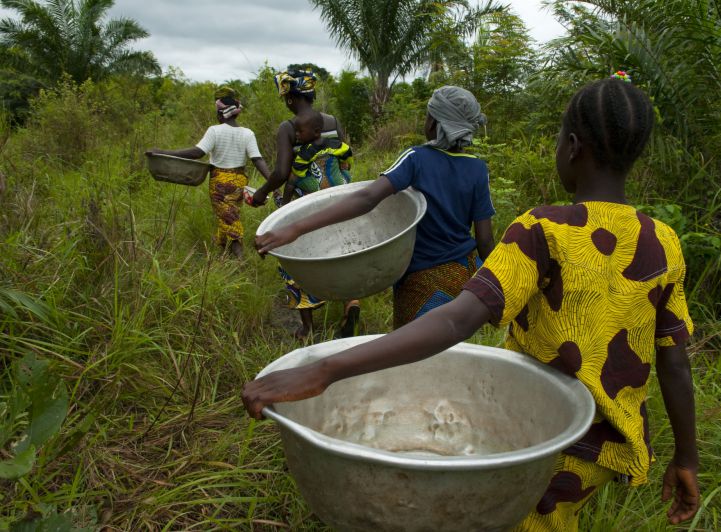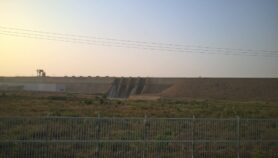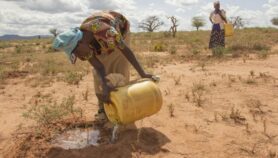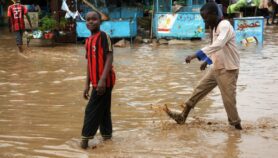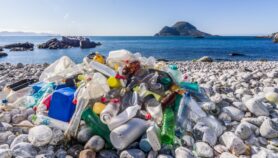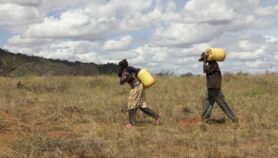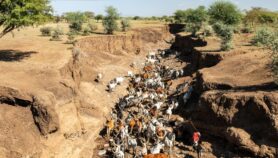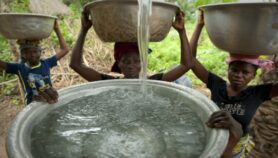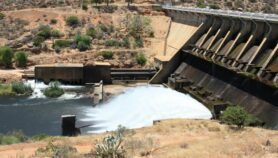By: Alberto Leny
Send to a friend
The details you provide on this page will not be used to send unsolicited email, and will not be sold to a 3rd party. See privacy policy.
[NAIROBI] Water and sanitation challenges that confront Africa are not new on the continent.
Thus, the 18th African Water Association (AfWA) International Congress and Exhibition that took place in Kenya last week (22-25 February) raised my curiosity with the theme “sustainable access to water and sanitation in Africa”.
The World Bank Group’s Water and Sanitation Program (WSP) was one of the key players at the congress, contextualising innovations and smart solutions in successful synergies.
Alberto Leny
Kenya’s President Uhuru Kenyatta officially opened the conference and noted that the world faces severe water stress, with Africa being the worst affected. He, however, indicated that not all is gloom as there has been significant progress under the Millennium Development Goals (MDGs) that saw 6.6 billion people gain access to improved sources of water.
I attended key sessions as more than 1,200 delegates from 41 African countries deliberated on efforts being made to attain the targets set in the Sustainable Development Goals (SDGs) that succeeded the MDGs.
At the opening symposium that brought together the water and sanitation community in Africa and the world — researchers, academics, managers of water utilities, policymakers, young professionals in the sector and donors — I pondered how they would go about meeting the ambitious targets.
Hamanth Kassan, the AfWA president, urged delegates to take stock of the current situation and come up with innovative ways of improving sustainable access to water and sanitation in Africa that will feed into the SDGs.
I spoke to the International Water Association (IWA) vice-president and incoming president Diane D’Arras, who will take office in October. She told me the congress was a learning experience. “I hope to gain more knowledge about developing countries and to bring in more professional women into IWA to address access to water and sanitation challenges,” D’Arras said. D’Arras was responding to concerns raised by African women participants at the congress on their low representation at key decision-making levels in the sector.
The World Bank Group’s Water and Sanitation Program (WSP) was one of the key players at the congress, contextualising innovations and smart solutions in successful synergies with presentations on governance and performance improvement tools, public-private partnerships and market-based financing mechanism for water SDGs.
I attended the WSP’s stimulating exposition of the systematic and innovative faecal sludge management which was based on experiences from cities in Mozambique, Senegal and Zambia.“Sanitation is more about services than about infrastructure,” said Peter Hawkins, WSP senior water and sanitation specialist based in Maputo, Mozambique.
The solutions to the main constraints to faecal sludge management service chain — pro-poor sludge management options and partnership between the utility and private entrepreneurs — showed just how much ground has been gained in addressing critical sanitation issues in Sub-Saharan Africa.
This piece was produced by SciDev.Net’s Sub-Saharan Africa English desk.


